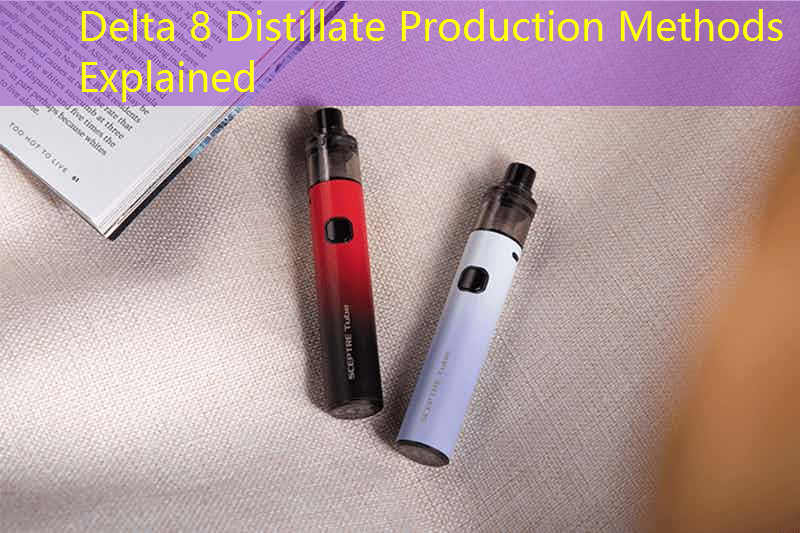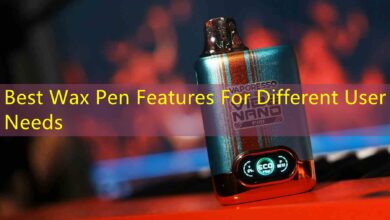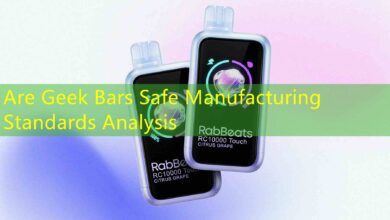Delta 8 Distillate Production Methods Explained
Delta 8 Distillate Production Methods Explained
When it comes to cannabis extraction, the surge in popularity of Delta 8 THC has led to some innovative production methods. As consumers seek out less potent yet enjoyable alternatives to Delta 9 THC, producers have had to adapt their techniques. In this article, we will delve into the various methods used for the production of Delta 8 distillate, highlighting their pros and cons to give readers a clear understanding of the landscape.
What is Delta 8 THC?
Before diving into the production methods, it’s essential to understand what Delta 8 THC is. Delta 8 THC is a cannabinoid found in cannabis plants and is known for its milder psychoactive effects compared to Delta 9 THC. Its legal status, derived from hemp, has contributed to its increasing popularity in the hemp-derived product market.
Methods of Producing Delta 8 Distillate
There are several methods for producing Delta 8 distillate, each with varying levels of complexity, efficiency, and cost. The primary methods include:
1. CO2 Extraction
CO2 extraction is one of the most sophisticated and environmentally friendly methods available. This method uses pressurized carbon dioxide to extract cannabinoids, including Delta 8 THC, from hemp plants.
– **Pros**:
– Produces a high-quality, pure product
– Does not leave harmful solvents behind
– Environmentally sustainable
– **Cons**:
– High initial investment
– Requires advanced equipment and technical know-how
2. Ethanol Extraction

Ethanol extraction involves using food-grade ethanol as a solvent to extract cannabinoids and terpenes from the plant material.
– **Pros**:
– Cost-effective and relatively easy to scale
– Efficient at extracting large quantities of cannabinoids
– **Cons**:
– May require further purification processes to remove chlorophyll and waxes
– Potentially less pure than CO2 extraction
3. Hydrocarbon Extraction
This method utilizes hydrocarbons (such as butane or propane) for extraction. Although seen as effective, it is less common for Delta 8 production due to safety concerns.
– **Pros**:
– Produces highly concentrated extracts
– Can be more efficient in extracting cannabinoids
– **Cons**:
– Requires careful handling due to flammability
– Potential residual solvent contamination
Comparison Table of Delta 8 Production Methods
| Method | Pros | Cons |
|---|---|---|
| CO2 Extraction | High purity, environmentally sustainable | High cost, requires expertise |
| Ethanol Extraction | Cost-effective, scalable | Potential need for further purification |
| Hydrocarbon Extraction | High concentration, efficient | Safety concerns, residual solvent risk |
Extraction Purity and Quality
When considering Delta 8 distillate, one of the critical factors is the purity and quality of the final product. CO2 extraction is often regarded as the gold standard for purity, producing a clean extract free of solvent residues. Ethanol extraction, while effective, may require additional filtration steps to remove unwanted compounds, potentially affecting the final product’s quality.
For consumers looking for safety and quality, understanding the extraction method used can significantly impact their experience. Brands that provide transparency about their extraction methods are often more trusted by consumers.
Safety Considerations in Delta 8 Production
Using any extraction method comes with its own set of safety considerations. While CO2 extraction is generally deemed safe, the use of hydrocarbons requires strict safety measures due to flammability risks. Ethanol extraction, while relatively safe, must ensure that any residual solvents are adequately removed before consumption.
Awareness of these safety concerns is paramount, especially for manufacturers who wish to uphold quality standards in their products.
Common Questions About Delta 8 Distillate Production
Can Delta 8 THC be derived from CBD isolate?
Yes, Delta 8 THC can be synthesized from CBD isolate through the process of isomerization. This method involves converting CBD into Delta 8 THC, a process that should be carried out under controlled conditions to ensure safety and efficacy.
Is Delta 8 THC legal?
Yes, Delta 8 THC is legal in many states in the U.S. as long as it is derived from hemp. However, legal status varies by state, and consumers should verify the regulations in their area before purchasing Delta 8 products.
How can consumers ensure product quality?
Consumers can ensure product quality by looking for third-party lab testing results that confirm the cannabinoid content and purity. Reputable brands will provide this information to instill confidence in their consumers about the quality and safety of their products.




